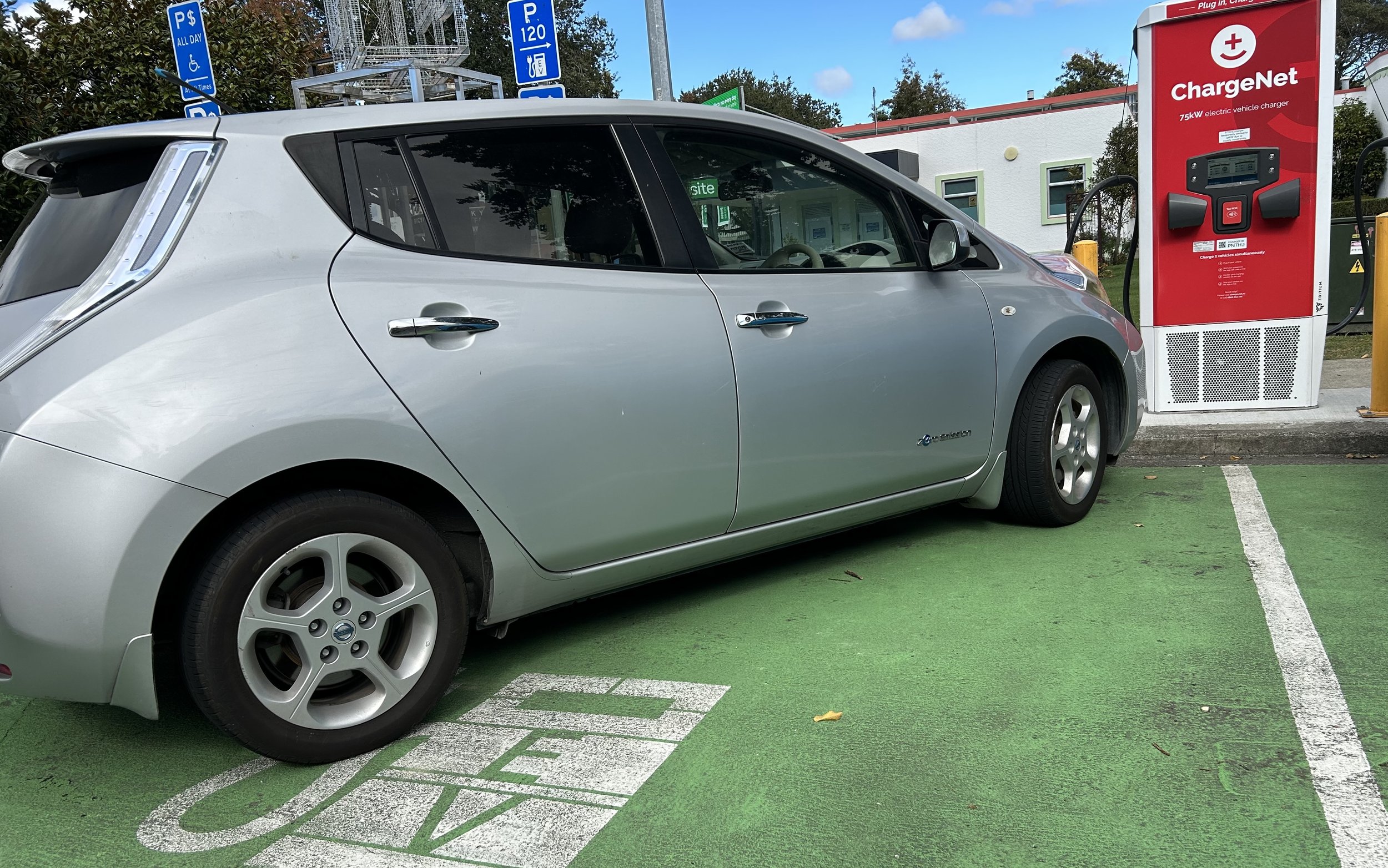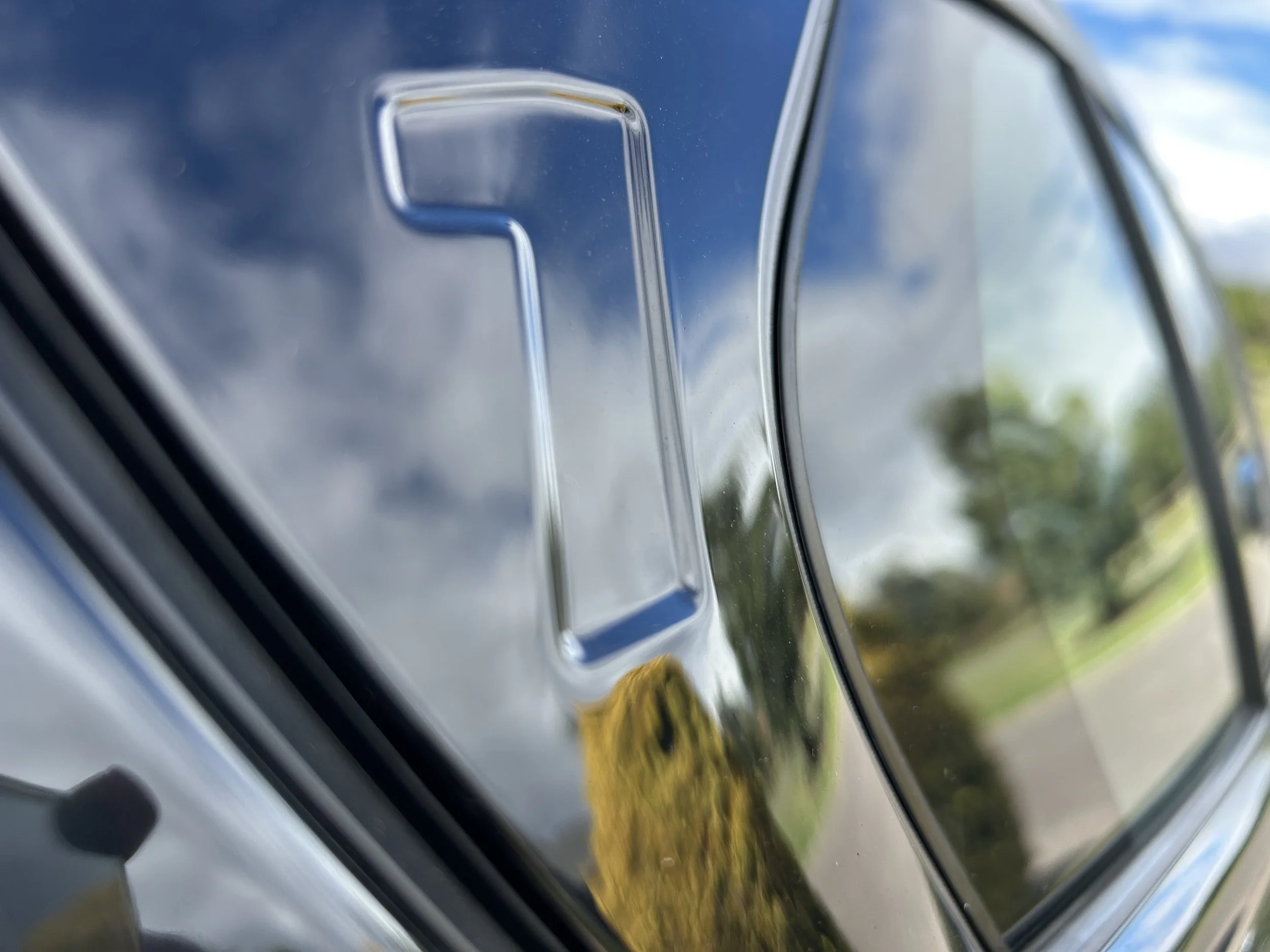EV owners set to draw out RUC play
/Advocacy organisation anticipates some will delay compliance until grace period ends.
TARDINESS from some electric vehicles owners in honouring Road User Charge obligation is likely, but no full resistance seems set to eventuate.
That signal from the leading EV advocacy group, Drive Electric, comes in wake of the RUC programme having actioned from yesterday.
The obligation applies from April 1, but with enhancement of a programme previously limited to diesel and heavy vehicles comes a two-month grace period to sort out payment.
The changes mean EV owners will pay $76 per 1000km driven - the same as diesel vehicles - whereas the levy on plug-in hybrids is $38, on a pre-pay basis. An admin fee of $13.71 - or $12.44 if bought online - also applies.
Petrol vehicle owners will pay towards the National Land Transport Fund (NLTF) through petrol excise taxes, though involvement in RUC is also proposed, with the excise thereafter abolished.
Drive Electric chair Kirsten Corson believes most EV drivers will make the most of the amnesty period, which lasts to May 31.
"From listening to different EV drivers, I don't think there's going to be a stampede to be paying more."
EV drivers were not opposed to paying charges but are rankled the scheme means EVs are charged 23 percent more than petrol cars, despite being zero emission.
"So at the moment there are different tax mechanisms, and unfortunately EVs have been put on the same rate as diesel vehicles which means that they're paying more tax than say petrol or hybrid vehicles."
Corson believes a universal road user charge scheme is at least five years away.
The Automobile Association says drivers should to do the right thing and involve sooner rather than later.
“The growing number of EVs and (plug-in hybrids) contribute to the upkeep of the road and so we'd encourage everybody, despite the grace period ... to start participating from the day the exemption ends on April 1,” AA chief policy and advocacy officer Simon Douglas said yesterday.
The PHEV charges are cheaper than initially planned, as result of the Government inadvertently adopting an amendment proposed by the opposition. A $42 fee per 1000kms had been proposed.
Making EV and plug-in hybrid owners contribute to the RUCs - which contribute to the funding of roads through the National Land Transport Fund - is a move multiple governments have committed to, having set the target of EVs accounting for two percent of light vehicles on the roads. They have been exempt from the scheme since 2009.
The National-ACT coalition agreement has committed to all vehicle owners paying RUCs instead of petrol tax.
The previous Labour government began consultation on the change in 2022 and supported the move, while warning the change came alongside the removal of incentives for people to buy EVs.
Opponents say the difference in tax paid between some similar-model petrol and electric cars will be around $500 a year, with EV users paying about four times as much as the carbon price paid by the petrol car's driver, for carbon pollution.

















